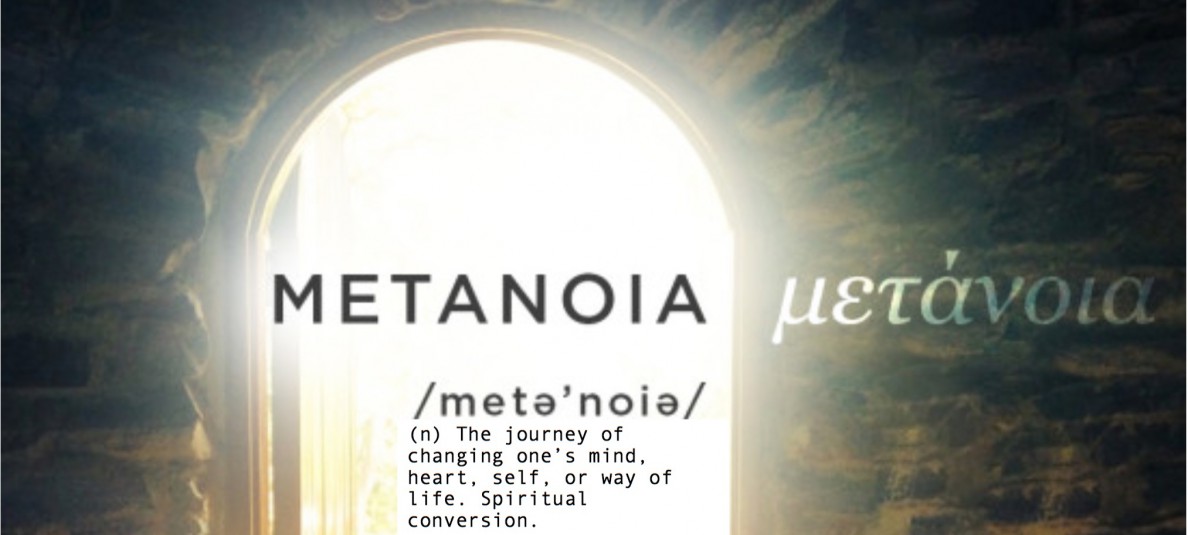Proper 21(A): The Perils of Power
By: The Rev. Jacob E. Pierce
In my tradition, the Episcopal Church, authority is an important component of our polity. Clergy of all orders, deacons, priests, and bishops, take vows of obedience at their ordinations. “Will you be loyal to the doctrine, discipline, and worship of Christ as this Church has received them? And will you, in accordance with the canons of this Church, obey your bishop and other ministers who may have authority over you and your work?” (From “The Ordination of a Priest” in The Book of Common Prayer, p. 526).
Most Episcopal clergy learn quickly, either in seminary or in the parish, the boundaries and limits to their own authority. All rectors know they have absolute authority over music in worship, yet a wise rector will consult and delegate musical choices to a talented church musician. While every rector has the authority to dramatically change the worship of a parish, a rector who chooses to make significant liturgical changes might quickly be reminded of the vestry’s authority over the parish budget and payroll. In my role as associate rector, I am aware that I have no authority in the parish, except that which is delegated to me by the rector.
It seems to me that healthy congregations are accustomed to shared and delegated authority. While clear boundaries protect the polity and decision making of a denomination and its congregations, delegated and shared authority create opportunities for new insights and new growth. But I suspect that many of our congregations are not actually equipped for shared authority or decision making. We like our rules, our ways of doing things, and our sacred traditions. Shared authority can seem threatening to lay leaders in a congregation, but most especially to clergy.
This essay isn’t about whether clergy should delegate authority or how it can be shared. This essay is simply a reflection on the gospel appointed for Year A, Proper 21, of the Revised Common Lectionary. But, when I read the gospel appointed for the Seventeenth Sunday after Pentecost, I find that I am more like the Pharisees questioning the authority of an outsider, than I am like the tax collectors or the prostitutes who have seen and believed.
The question in this gospel is one of authority. When the chief priests and the elders enter the temple and ask Jesus, “By what authority are you doing these things,” they are questioning not only his teaching, but his actions of the day before. Omitted from our lectionary this cycle is Jesus’ cleansing of the temple earlier in Matthew chapter 21, when Jesus drove out the money changers and overturned the tables of those selling doves.
The parable that follows is clear: those who do God’s will are more obedient than those who agree but do nothing. But shocking is the following admonition that those who believed in John and his call to repentance, specifically the tax collectors and prostitutes, will enter the kingdom of God ahead of the chief priests, the elders, and the religious authorities.
As clergy, and as lay leaders, it is tempting for us to assume authority is given by virtue of our ordination, our membership in the Church, or our proximity to the cultural favoritism shown towards Christianity in American society. But this admonition from Jesus should make us aware of the difference between authority and power, which are not the same. Authority is given, power is obtained and wielded. Our credibility and authority as Christians comes from our proximity to those Jesus cared for: the outcasts and downtrodden in society, the sinful and broken world in which we live, and the entire creation for which he gave his life. Just as Jesus flips the tables in the temple, Jesus is flipping the expectations of the religious and political elite, and he is flipping our expectations as well. The Kingdom of God does not look like the pious favored of our culture, but the repentant sinner who sees and believes when they hear God’s good news.
Preachers who engage this text might encourage their congregations to think about the ways we assume authority as religious people. Common in many congregations is the snickering and gossip towards those who only grace our doors at Christmas and Easter. But what if our engagement with such individuals shifted from judgment to welcome? What if we shifted our concerns towards hospitality and welcome of others, no matter how often they attend or how much they give? Preachers might encourage their congregations to think about ways to be in closer proximity with those outside the fold, those who are often excluded and ridiculed in their own communities. Who are these people in your community, and how might your congregation get to know them, welcome them, and be among them?
May Jesus continue to flip our expectations, so that we may follow him into the way that leads to life. Happy preaching!

The Rev. Jacob E. Pierce is an Episcopal priest and the associate rector at St. Peter’s Episcopal Church in Charlotte, North Carolina. Jacob served churches in North Carolina and Washington, D.C. before receiving a Master of Divinity from Virginia Theological Seminary in 2015. Jacob enjoys reading, collecting Marian folk art, and playing with his very energetic dog, Hamlet.
